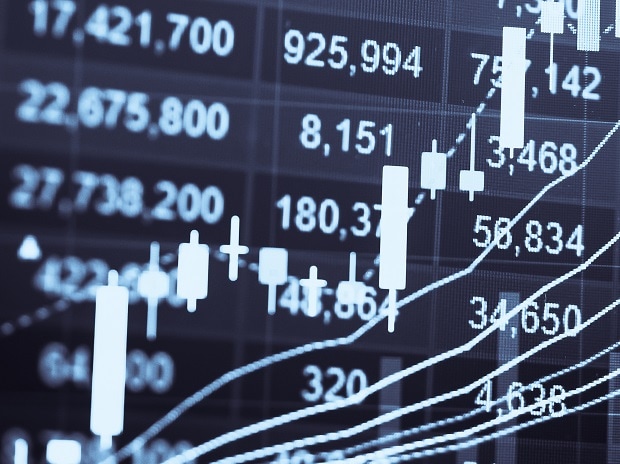Asian stock markets declined Monday after Wall Street hit a new high as investors looked ahead to manufacturing indicators from Japan, China and South Korea.
Shanghai, Tokyo and Seoul declined. Trading in Hong Kong was suspended due to a weather alert.
On Friday, Wall Street's S&P 500 index turned in its biggest weekly gain in four months.
Investors have been encouraged by progress in Washington on an infrastructure spending plan. Markets have recovered from the Federal Reserve's announcement that it might start raising interest rates sooner than expected.
The S&P's gain is generally telling of improving sentiment, said Mizuho Bank in a report.
The Shanghai Composite Index rose less than 0.1% to 3,609.43 while the Nikkei 225 in Tokyo shed 0.3% to 28,984.93.
The Kospi in Seoul shed 0.1% to 3,298.52 while the ASX-S&P 500 in Sydney slipped 0.1% to 7,299.00. New Zealand and Jakarta also declined, while Singapore advanced.
Investors are looking ahead to monthly surveys of manufacturing activity in Japan, China and South Korea.
Production is recovering from last year's plunge but faces shortages of processor chips and other disruptions.
Markets have swung between optimism about economic recovery supported by the rollout of coronavirus vaccines and unease that the Fed and other central banks might feel pressure to pull back stimulus to cool rising inflation.
The Fed, which says it believes U.S. price surges are temporary, surprised traders by saying it might start raising rates by late 2023, earlier than the previous 2024 target. Markets sank but have recovered most of their losses.
On Friday, the Commerce Department said one inflation measure closely watched by the Fed increased 0.4% in May and is up 3.9% over the past 12 months, well above the Fed's 2% target.
Also Friday, President Joe Biden and a group of senators agreed on a $973 billion, five-year plan for spending on roads, railways and ports.
On Wall Street, the S&P 500 rose 0.3% to 4,280.70. That gave the index a weekly gain of 2.7%, its biggest since Feb. 5.
The Dow Jones Industrial Average gained 0.7% to 34,433.84 while the Nasdaq Composite lost 0.1% to 14,360.39.
In energy markets, benchmark U.S. crude lost 14 cents to $73.91 per barrel in electronic trading on the New York Mercantile Exchange. The contract rose 75 cents to $74.05 a barrel Friday. Brent crude, the basis for international oil prices, shed 23 cents to $75.15 per barrel in London. It gained 62 cents the previous session to $76.18.
The dollar fell to 110.69 yen from Friday's 110.84 yen. The euro declined to $1.1924 from $1.1932.
(Only the headline and picture of this report may have been reworked by the Business Standard staff; the rest of the content is auto-generated from a syndicated feed.)
 Dear Reader,
Dear Reader,
Business Standard has always strived hard to provide up-to-date information and commentary on developments that are of interest to you and have wider political and economic implications for the country and the world. Your encouragement and constant feedback on how to improve our offering have only made our resolve and commitment to these ideals stronger. Even during these difficult times arising out of Covid-19, we continue to remain committed to keeping you informed and updated with credible news, authoritative views and incisive commentary on topical issues of relevance.
We, however, have a request.
As we battle the economic impact of the pandemic, we need your support even more, so that we can continue to offer you more quality content. Our subscription model has seen an encouraging response from many of you, who have subscribed to our online content. More subscription to our online content can only help us achieve the goals of offering you even better and more relevant content. We believe in free, fair and credible journalism. Your support through more subscriptions can help us practise the journalism to which we are committed.
Support quality journalism and subscribe to Business Standard.
Digital Editor

RECOMMENDED FOR YOU